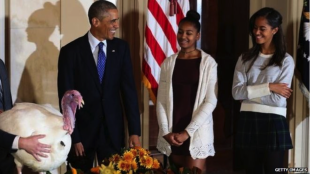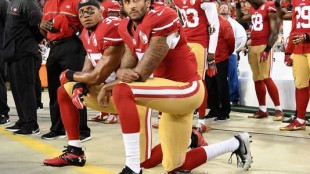Global Warming and the Law: Why Legal Technicalities are Harming Our Environment
By Danny Ho The global warming controversy encompasses the on-going dispute about whether or not human activities, such as carbon dioxide emissions from automobiles, affect the global climate. Studies from scientific journals, such as the Environmental Research Letters, show that the general scientific community attributes global warming to human action. The Obama administration operates under the same belief and has pushed for the Clean Power Plan (CPP) in order to curb carbon dioxide emissions. The Environmental Protection Agency (EPA) proposed the CPP, calling for stricter standards on carbon dioxide emissions from U.S. power plants operating on coal and gas. Over half the states are against the CPP, arguing that the EPA is overstepping its legal authority. The CPP is currently in limbo because the Supreme Court has halted implementation of it until the D.C. Circuit Court decides on its legality. Regardless of the outcome in the D.C. Circuit Court, the decision will likely return to the Supreme Court for a final ruling. The need for the CPP is clear to its supporters. Global carbon dioxide emissions have increased by about a third since the Industrial Revolution, primarily as a result of the burning of fossil fuels. As a result, carbon [read more]










